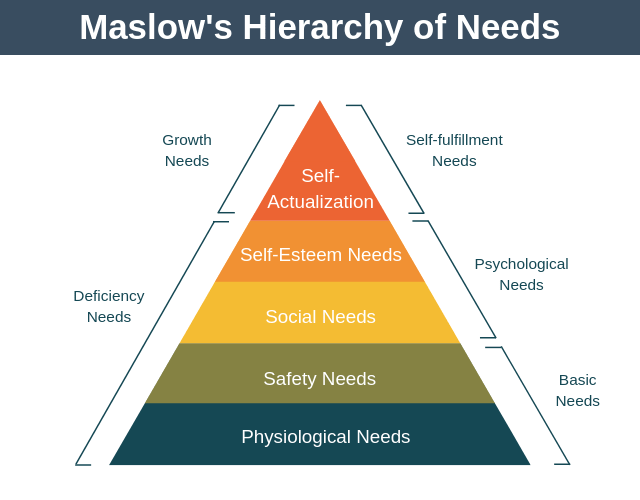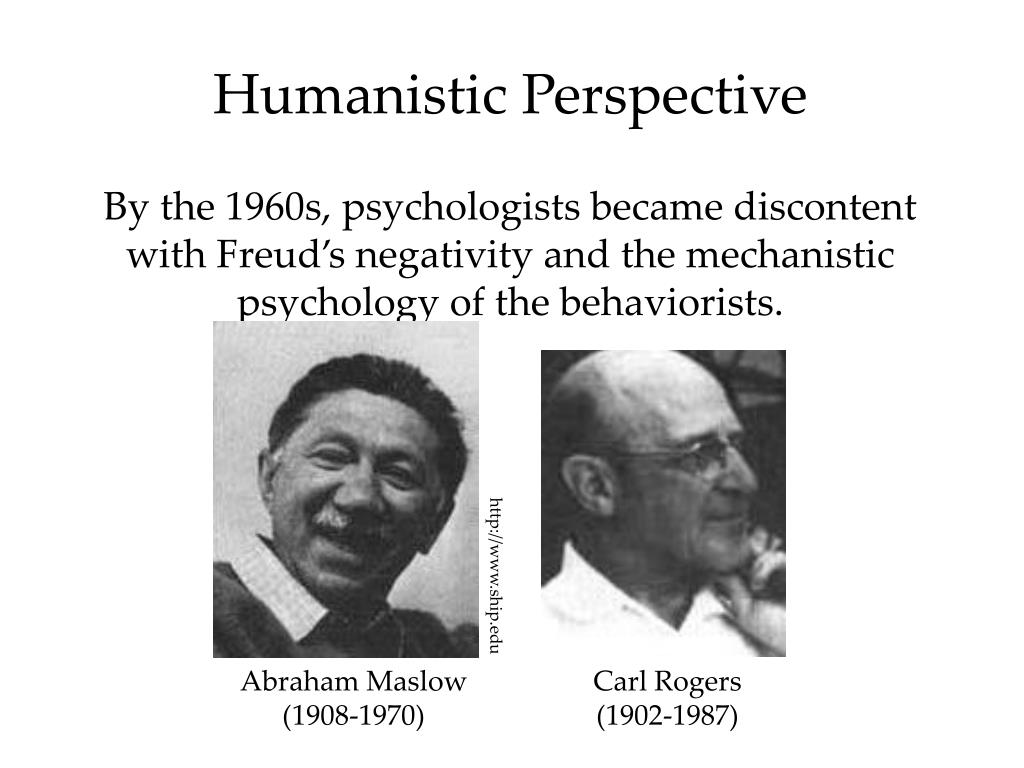Abraham Maslow was a psychologist who is best known for his theory of human motivation, which he called the Hierarchy of Needs. Maslow's theory was based on the idea that humans are motivated by a hierarchy of needs that must be met in order for them to achieve self-actualization, or the realization of their full potential.
According to Maslow, there are five levels of needs that must be met in order for an individual to reach self-actualization. These needs are physiological, safety, love and belonging, esteem, and self-actualization.
The first level of needs, physiological needs, includes basic human needs such as food, water, shelter, and sleep. These needs must be met in order for an individual to survive.
The second level of needs, safety needs, includes the need for security and stability. This includes personal safety as well as financial and emotional security.
The third level of needs, love and belonging, includes the need for love, friendship, and a sense of community. This includes the need for social connections and relationships with others.
The fourth level of needs, esteem, includes the need for self-esteem and respect from others. This includes the need for self-confidence and the ability to achieve goals and accomplish tasks.
The fifth and final level of needs, self-actualization, is the highest level of needs and includes the need for personal growth and the realization of one's full potential. This includes the need for creativity, self-fulfillment, and a sense of purpose in life.
Maslow's theory of human motivation has had a significant impact on psychology and has influenced the development of many other theories of human behavior. It is often used as a framework for understanding how individuals make decisions and pursue their goals.
Maslow's theory is also important because it emphasizes the importance of meeting individual needs and helping people achieve their full potential. This is consistent with Maslow's humanistic approach, which emphasizes the inherent goodness of people and the importance of self-actualization and personal growth.
Overall, Maslow's theory of human motivation and his humanistic approach continue to be influential in the field of psychology and have had a lasting impact on our understanding of human behavior.







